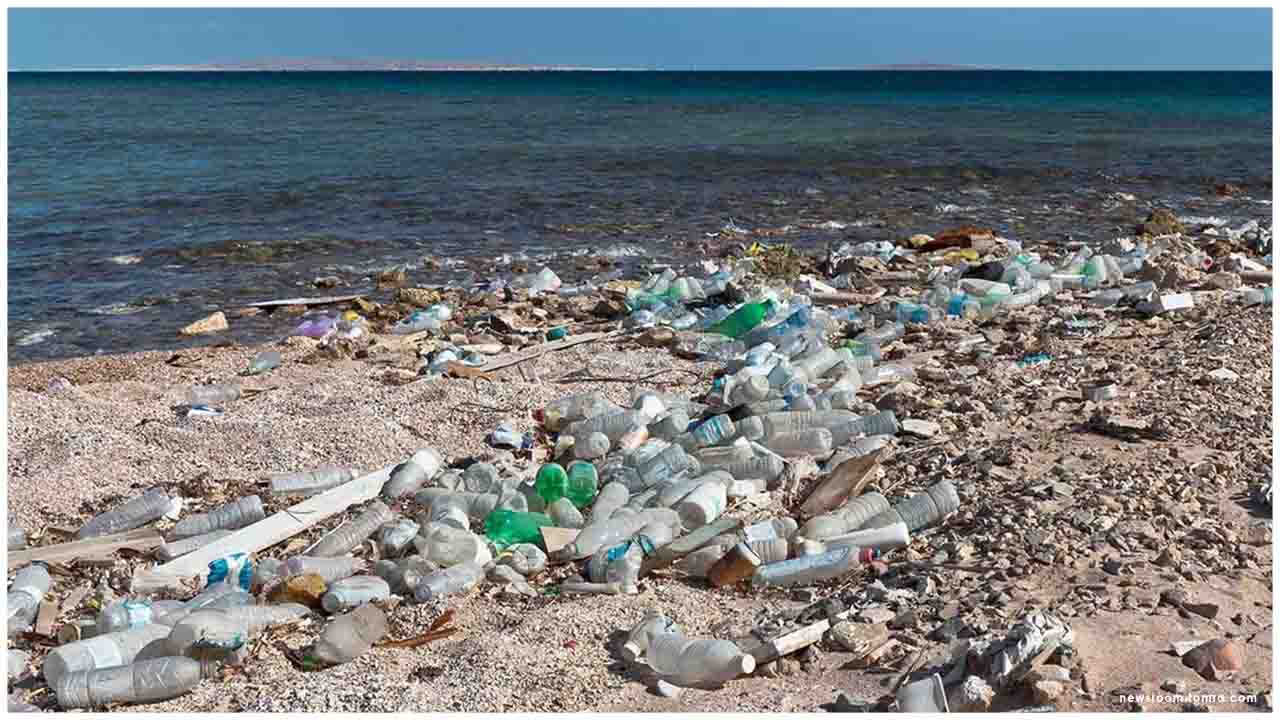We have recently spoken about the potential green open doors introduced by this remarkable emergency.
As the world truly shut down not long ago, worldwide carbon emanations dove. Truth be told, among January and April they dropped by an extraordinary 8.6 percent with the desire that, before the year's over, by and large discharges will be somewhere close to four and eight percent beneath desires. Uplifting news for the planet and our wellbeing.
Be that as it may, we are falling back in affection with plastics and there is one piece of the condition that seems as though it will definitely endure: seas. Following quite a while of effective crusading to dump it, plastic has become our friend in need.
It had all been going so well. Gone were the plastic straws, bottles were being produced using recyclable glass once more, heaps of us began purchasing reusable espresso cups and plastic sacks had gotten altogether unfashionable. Those pictures of fish enveloped by hard to-crumble plastic and talk of microplastics getting into our eating routine truly appeared to have influenced the open state of mind.
How things have changed. From face covers and visors to gloves, pretty much every part of individual defensive hardware is produced using dispensable plastic. As indicated by Grand View Research, universally the dispensable market for covers is anticipating exponential development; ascending from an expected €708 million a year ago to €147 billion this year.
Grocery stores have acquainted plastic screens at checkouts with secure staff, some products of the soil are again being wrapped and we are shopping on the web a lot more (which again implies all the more wrapping, progressively plastic). In March alone some 2.5 billion clients are accepted to have signed onto Amazon's site; a gigantic 65 percent expansion in 2019. What number of us have requested takeaways during a lockdown? They're frequently put away in plastic holders with - truly, you've gotten it - plastic blades and forks and plastic pots for sauces as well.
The entirety of this is prompting a rising tide of plastic waste. Reports from refuse authorities from Dublin to Athens propose that plastic is taking up an expanding extent of their week by week assortments. A lot of it is basically not recyclable, or won't be reused. Numerous plants were shut during the lockdown and there are proceeding with worries about the infection making due on specific materials for a long time.
A lot of this plastic is just winding up in landfill destinations, in any case, in contrast to the next garbage, it will take a lot more years to deteriorate. Actually, nobody truly realizes to what extent it enjoys plastic to reprieve down, however it is surely estimated in many years. Outside of Europe, refuse is frequently left in open dumps, presented to the components. Some of it will wind up in our seas.
Plastic separated by the salt and the sun winds up as microplastics, which are eaten by fish and shellfish and are at that point, thusly, eaten by us. Plastic can regularly end up being an enemy of ocean life as well. Fish, turtles, and whales can frequently stifle on plastic packs or get tangled in plastic netting. Things had been showing signs of improvement, however, coronavirus looks set to change that.
For the recent decades, a coordinated exertion has been made to wean us off dispensable plastic. A report a year ago by GlobalWebIndex indicated that 53 percent of individuals reviewed in the US and UK had diminished their single-utilize plastic in the course of the most recent a year. However, presently plastic is our defender, it is actually assisting with sparing lives. However, will that quick profit be to the drawn-out disservice of our planet?

 We have been quiting and reusing plastic since many years but Pandemic has made you use more plastic for own safety measures.
We have been quiting and reusing plastic since many years but Pandemic has made you use more plastic for own safety measures.









.jpeg)

.jpeg)
.jpeg)

.jpeg)


.jpeg)



.jpeg)
.jpeg)
.jpeg)


.jpg)


.jpeg)
.jpeg)